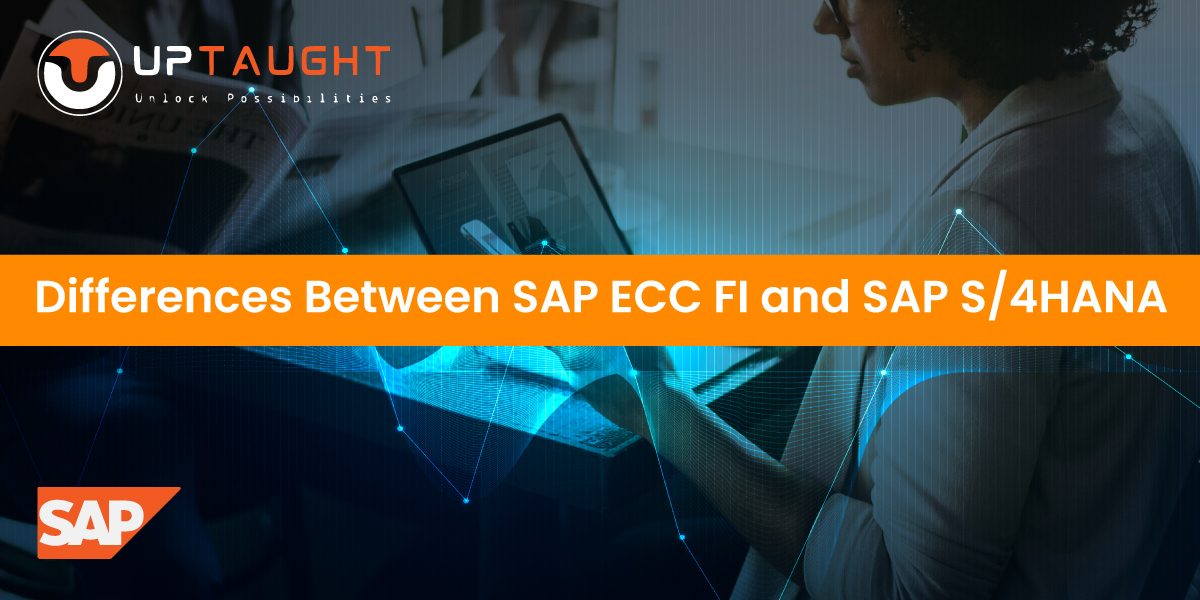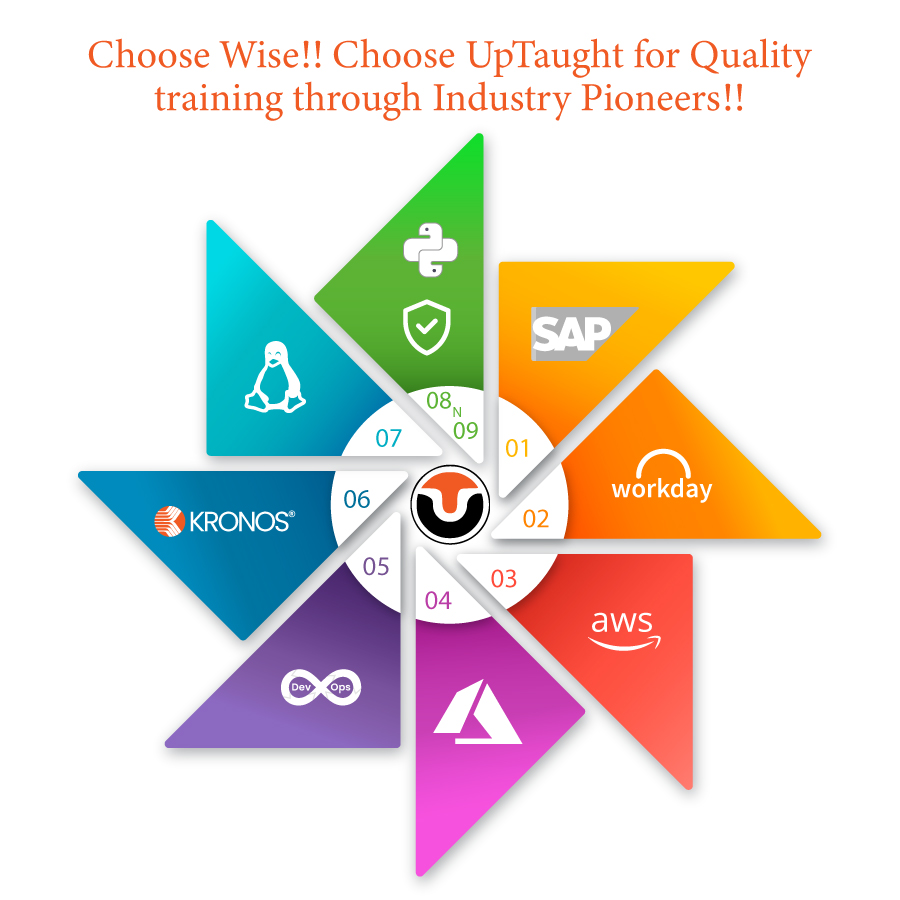In the evolving world of HR and enterprise technology, understanding the difference between Workday techno function and integration is essential for professionals seeking to specialize or advance their careers. Many aspiring consultants and HR tech enthusiasts are unsure whether to pursue a techno-functional or integration-focused path in Workday. This confusion can lead to missed opportunities, inefficient learning, or even frustration on the job. This comprehensive guide will clarify these roles, highlight their unique value in organizations, and help you choose the right direction-while showing you how to gain hands-on experience with free tenant access when you enroll in our course.
Difference Between Workday Techno Function and Integration: Why It Matters
The difference between Workday techno function and integration lies primarily in the skill sets, responsibilities, and focus areas of each role. Workday techno-functional consultants are the bridge between business processes and technical solutions. They configure modules, optimize workflows, and ensure that HR, payroll, and finance functions align with organizational needs. For example, a techno-functional consultant might design a custom business process for onboarding or configure benefits enrollment to match company policy.
On the other hand, Workday integration consultants focus on connecting Workday with other systems. They handle technical tasks like building data integrations, custom reports, and automating information flow between Workday and external platforms (such as payroll vendors, ERP systems, or third-party apps). Integrations are crucial for eliminating data silos and ensuring seamless business operations.
Why is this important?
Organizations need both roles to fully leverage Workday’s capabilities.
Techno-functional consultants ensure the platform fits business needs.
Integration consultants ensure Workday communicates smoothly with the rest of the tech ecosystem.
For example, Overstock.com integrated Workday with ServiceNow to streamline onboarding, saving 1,000 days of productivity annually and automating over 100 tasks. Without strong integration expertise, such results are impossible.
How Our Course Helps You Master the Difference Between Workday Techno Function and Integration
Our comprehensive Workday course is designed to help you understand the difference between Workday techno function and integration-and excel in both areas. When you enroll, you get more than just theory: you gain free tenant access (available only with course purchase), allowing you to practice real-world scenarios in a live Workday environment.
What you’ll learn:
Techno-Functional Skills: Module configuration, business process design, security setup, and reporting.
Integration Skills: Building integrations using Workday Studio, EIB, and REST APIs; troubleshooting data flows; and connecting Workday to other enterprise systems.
Unique Value Proposition:
Guided labs and projects for both techno-functional and integration tracks.
Expert mentorship to help you choose the right path or combine both skill sets.
Certification preparation for Workday’s most in-demand roles.
Explore our Workday course offerings or Workday India courses for more details.
Real-World Results: Success Stories from Our Learners
Professionals who have trained with us and gained free tenant access have achieved remarkable success in both techno-functional and integration roles:
HR Analyst: Configured onboarding and benefits modules, securing a role at a Fortune 500 company.
Integration Specialist: Automated data flows between Workday and payroll systems, reducing payroll errors by 30%.
Finance Professional: Used integration tools to improve reporting accuracy and save 15 hours per month on reconciliation tasks.
Consultant: Mastered both techno-functional and integration skills, doubling their client base in under a year.
These stories show how understanding the difference between Workday techno function and integration can directly impact your career trajectory and organizational performance.
Who Will Benefit from Understanding the Difference Between Workday Techno Function and Integration?
The difference between Workday techno function and integration is relevant for a wide range of professionals and industries:
HR Professionals: Those looking to move from manual HR processes to automated, data-driven workflows.
IT and Integration Specialists: Professionals who want to connect Workday with other business systems and automate data flows.
Consultants: Those aiming to offer comprehensive Workday solutions to clients.
Finance Teams: Staff seeking to streamline payroll, benefits, and financial reporting through integrated systems.
Career Changers and Students: Individuals seeking high-demand roles in HR technology.
By mastering both areas, you’ll be prepared for roles that require cross-functional expertise and be able to deliver greater value to your organization.
Take Action: Unlock Free Tenant Access and Master Both Workday Paths
Ready to master the difference between Workday techno function and integration?
Enroll today in our expert-led Workday course to gain:
Full access to a live Workday tenant for hands-on practice.
Step-by-step labs for both techno-functional and integration skills.
Personalized mentorship and career guidance.
Early-bird discounts and exclusive resources for a limited time.
Seats are limited-register now at UpTaught or UpTaught India and take your Workday expertise to the next level.
Alt text for image: Consultant comparing Workday techno function and integration roles on a live training dashboard.
By focusing on the difference between Workday techno function and integration, this post equips you with the knowledge to choose your path, maximize your skills, and succeed in today’s HR tech landscape. Don’t miss your chance to get hands-on with the most in-demand Workday features-enroll today!




